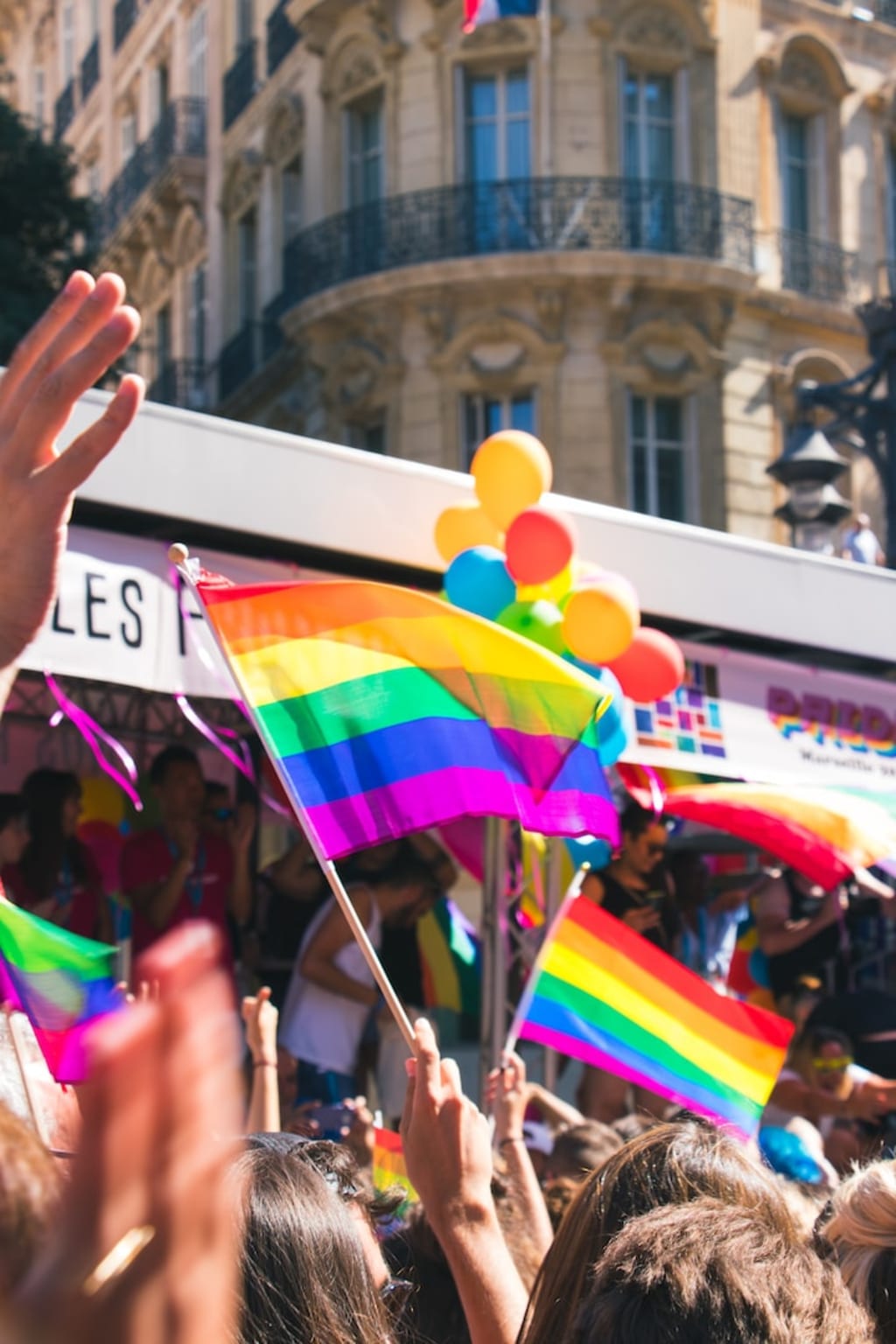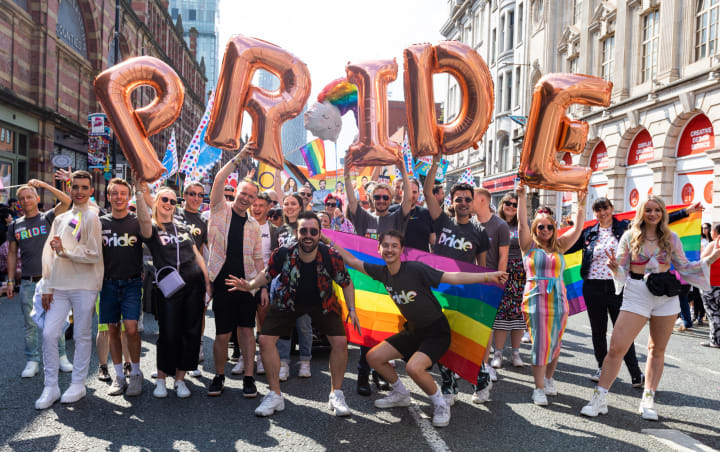The Stonewall Riots: Igniting the Modern-Day LGBT Rights Movement
Lesbian, Gay, Bisexual, Transgender Pride Month is noted every June in the United States. The annual celebration honors the anniversary of the Stonewall Riots, which occurred in New York City in 1969. A series of confrontations between police and gay rights activists, the Stonewall Riots are widely credited with igniting the modern day LGBT rights movement.

Introduction:
Lesbian, Gay, Bisexual, Transgender (LGBT) Pride Month, celebrated every June in the United States, commemorates the significant historical event known as the Stonewall Riots. Occurring in New York City in 1969, the riots marked a turning point in the struggle for LGBT rights. The confrontations between the police and gay rights activists at the Stonewall Inn unleashed a wave of activism and empowerment, sparking the modern-day LGBT rights movement. This essay delves into the events leading up to the Stonewall Riots, the details of the uprising, and its profound impact on the fight for equality and acceptance.
Pre-Stonewall LGBT Rights:
Prior to the Stonewall Riots, the LGBT community faced systemic discrimination, oppression, and a lack of legal protections. Homosexuality was often regarded as deviant or criminal behavior, leading to frequent police raids on establishments known to be gathering places for queer individuals. Despite the hardships, small pockets of LGBT individuals began organizing and advocating for their rights in the 1950s and 1960s.
The Stonewall Inn and the Catalyst for Change:
The Stonewall Inn, located in New York City's Greenwich Village, became a popular gathering place for the LGBT community. However, the inn was subjected to frequent police raids, which were part of a broader crackdown on queer spaces. On the night of June 28, 1969, a routine raid on the Stonewall Inn sparked an unexpected and powerful response from the patrons.
The Stonewall Riots:
As the police attempted to arrest and detain the patrons of the Stonewall Inn, a spontaneous resistance emerged. The raid quickly escalated into a riot as the LGBT community fought back against the ongoing oppression and harassment. The uprising lasted for several days, with individuals from various backgrounds joining forces to challenge the systemic discrimination they faced.
The Legacy of Stonewall:
The Stonewall Riots marked a pivotal moment in the history of the LGBT rights movement. The events at Stonewall galvanized the community and inspired a new wave of activism. In the aftermath of the riots, numerous LGBT organizations and advocacy groups were formed, with a renewed focus on fighting for equal rights, legal protections, and societal acceptance.
Impact on Activism:
The Stonewall Riots led to a surge in LGBT activism and organizing. A year after the uprising, the first-ever Pride March was organized to commemorate the Stonewall Riots and advocate for LGBT rights. Pride marches and parades have since become an annual tradition, serving as a visible symbol of unity, resilience, and celebration within the LGBT community.
Legal and Social Change:
The Stonewall Riots helped fuel significant legal and social changes for the LGBT community. In the years following the riots, the gay rights movement gained momentum, leading to the decriminalization of homosexuality in several states and the eventual removal of homosexuality as a mental disorder from the Diagnostic and Statistical Manual of Mental Disorders (DSM). Additionally, the activism sparked by Stonewall played a pivotal role in the advancement of same-sex marriage rights and anti-discrimination laws.

Global Influence:
The impact of the Stonewall Riots extends far beyond the borders of the United States. The events served as an inspiration and catalyst for the global LGBT rights movement. Activists worldwide began to adopt the strategies and tactics employed during the Stonewall Riots, leading to increased visibility, acceptance, and legal protections for LGBT individuals in many countries.
Conclusion:
The Stonewall Riots of 1969 were a watershed moment in the history of the LGBT rights movement. The resistance and activism displayed by the community in the face of ongoing oppression and discrimination galvanized the fight for equality and acceptance. The events at Stonewall served as a catalyst for change, igniting a flame that continues to burn brightly in the ongoing struggle for LGBT rights around the world. As we celebrate LGBT Pride Month each June, it is essential to remember the legacy of the Stonewall Riots and the resilience of those who fought for a more inclusive and just society.





Comments
There are no comments for this story
Be the first to respond and start the conversation.